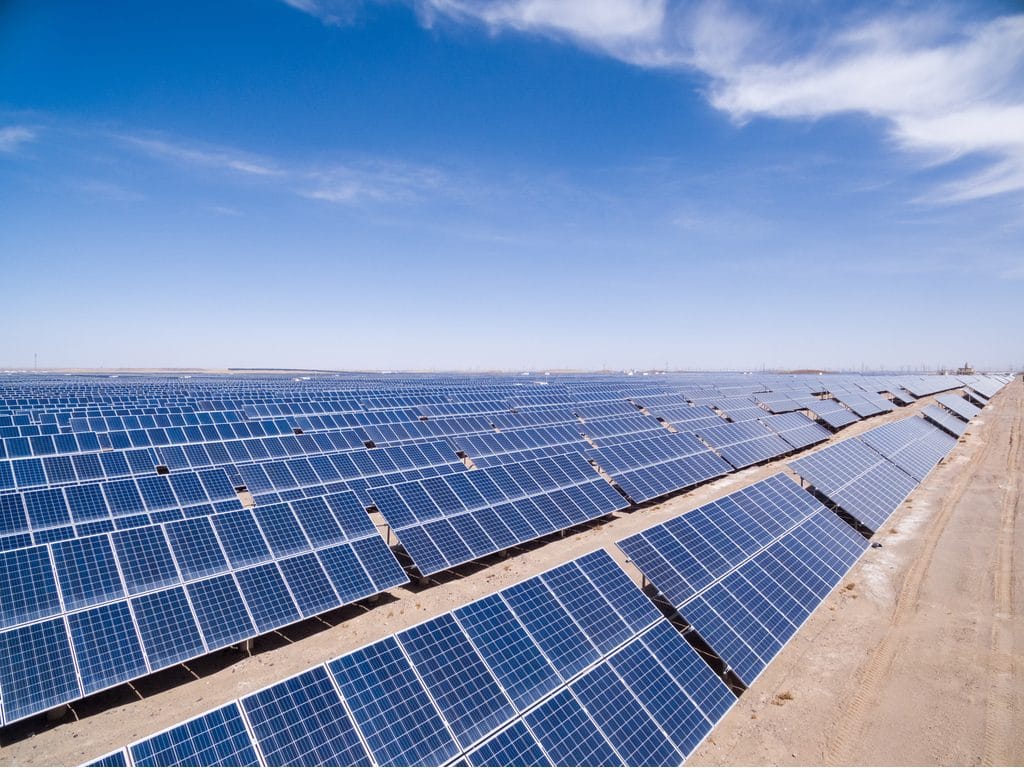Algeria will strengthen its electricity grid by an additional 5,600 MW of energy. The country has announced its intention to launch a project to build solar power plants in this direction. Addressing the local press, Energy Minister Mohamed Arkab said that “current national expertise is capable of carrying out this project in all its stages, from study to final implementation.”
Algeria has an annual production capacity of 20 GW, for a demand of 15.8 GW. The government plans to develop a new electricity consumption model based on a shift in the use of the country’s energy resources. This would, for example, increase industrial consumption to 30% of the energy consumed in the country. The new consumption model envisages giving a high priority to renewable energies.
A solar power plant was installed for the first time in Algeria in 2011. Since then, the country has developed the sector and now has 22 power plants that produce electricity. However, Algeria occasionally experiences power cuts, particularly in the Annaba region in the east. This situation is due to the “obsolescence of the distribution networks”, the Minister recalled. To remedy this, “projects in the electricity generation and transmission sector have enabled to bring light to many dark areas”.
In Algeria, the rate of access to electricity is 100%. The country produces 20,000 MW of electricity while the national consumption is 15,680 MW. Algeria’s photovoltaic solar potential is 2.6 million terawatt/hour per year. This figure is 105 times higher than the world’s electricity consumption. This North African country has implemented the National Renewable Energy Development Programme (PNDER) through which it plans to install 22,000 MW, with an investment of $34 billion. The implementation of this programme will enable Algeria to achieve 27% renewable energy in the national energy mix by 2020. This is good news, because it will generate an annual saving of 38 billion m3 of natural gas, which emits greenhouse gases.
Luchelle Feukeng
